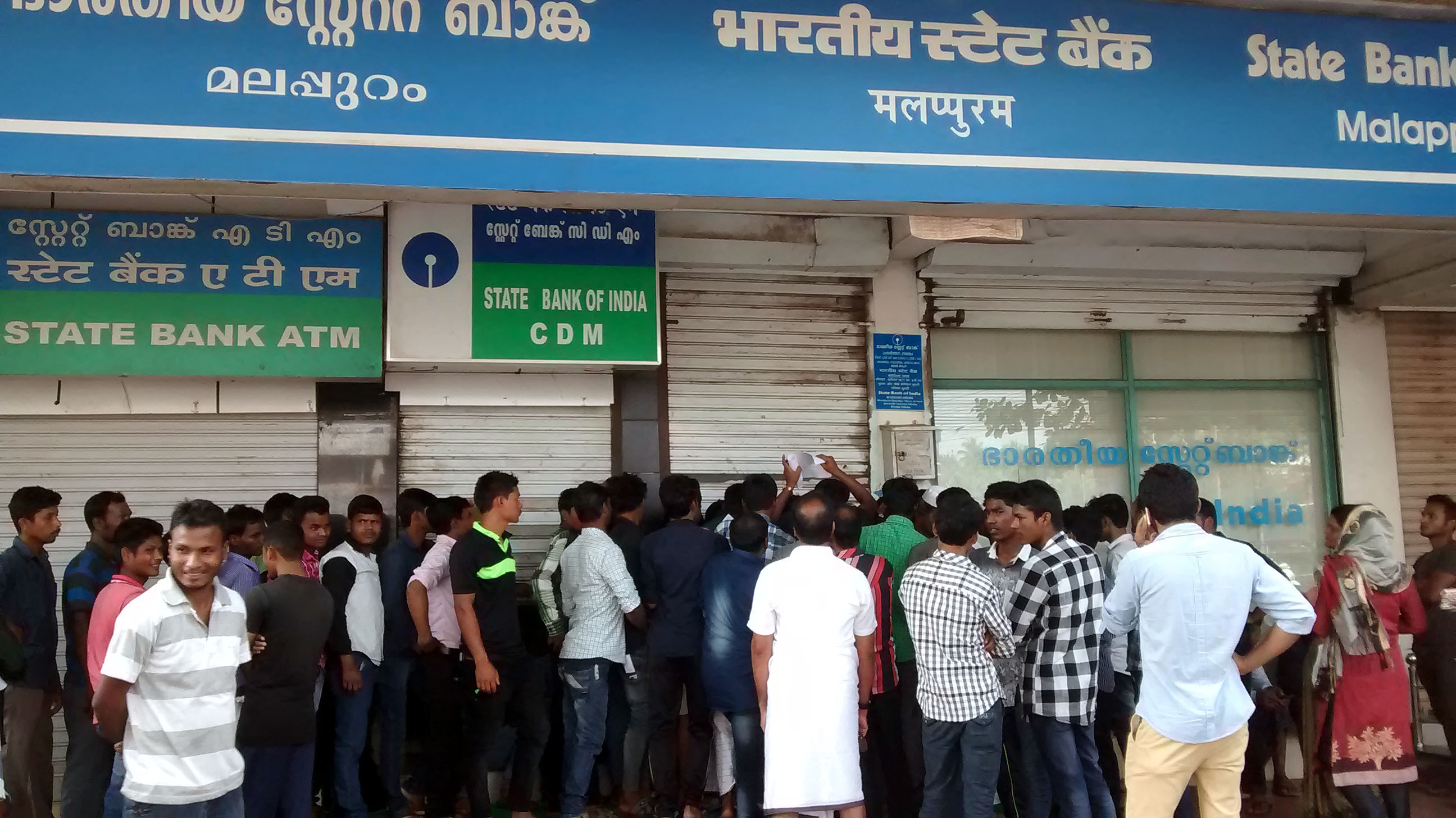Illegal but Legalisable: On What Basis?
By ALBERTINA ALMEIDA
Goa is about to make sale and development of orchard land a criminal offence that could attract imprisonment of one year. When revealing this information, Vijai Sardesai, the Town and Country Planning Minister claimed that 20 lakh square metres of land had been illegally converted across Goa, and that an amnesty period would be given to those who had illegally developed land to seek conversion from the Town and Country Planning Board by March 31, 2018.




